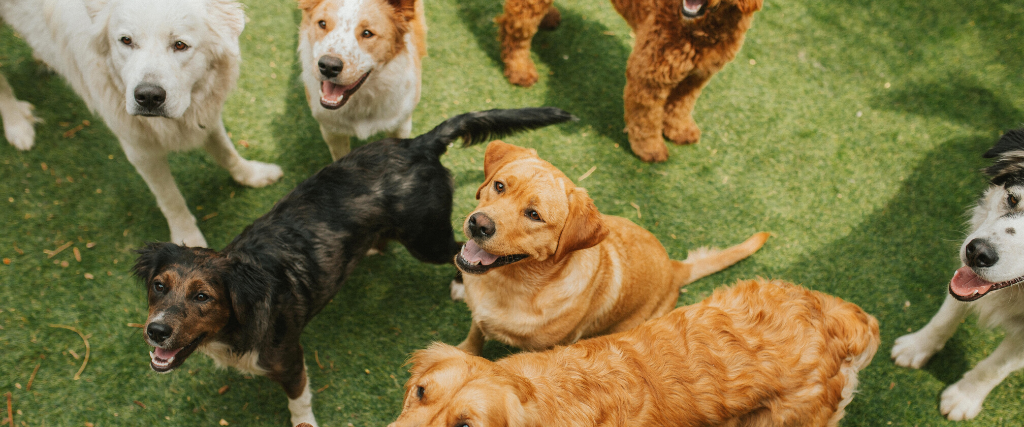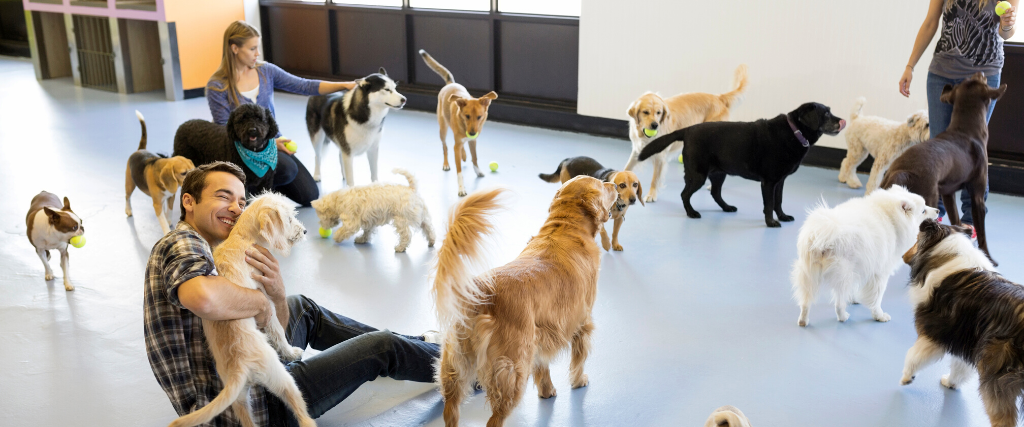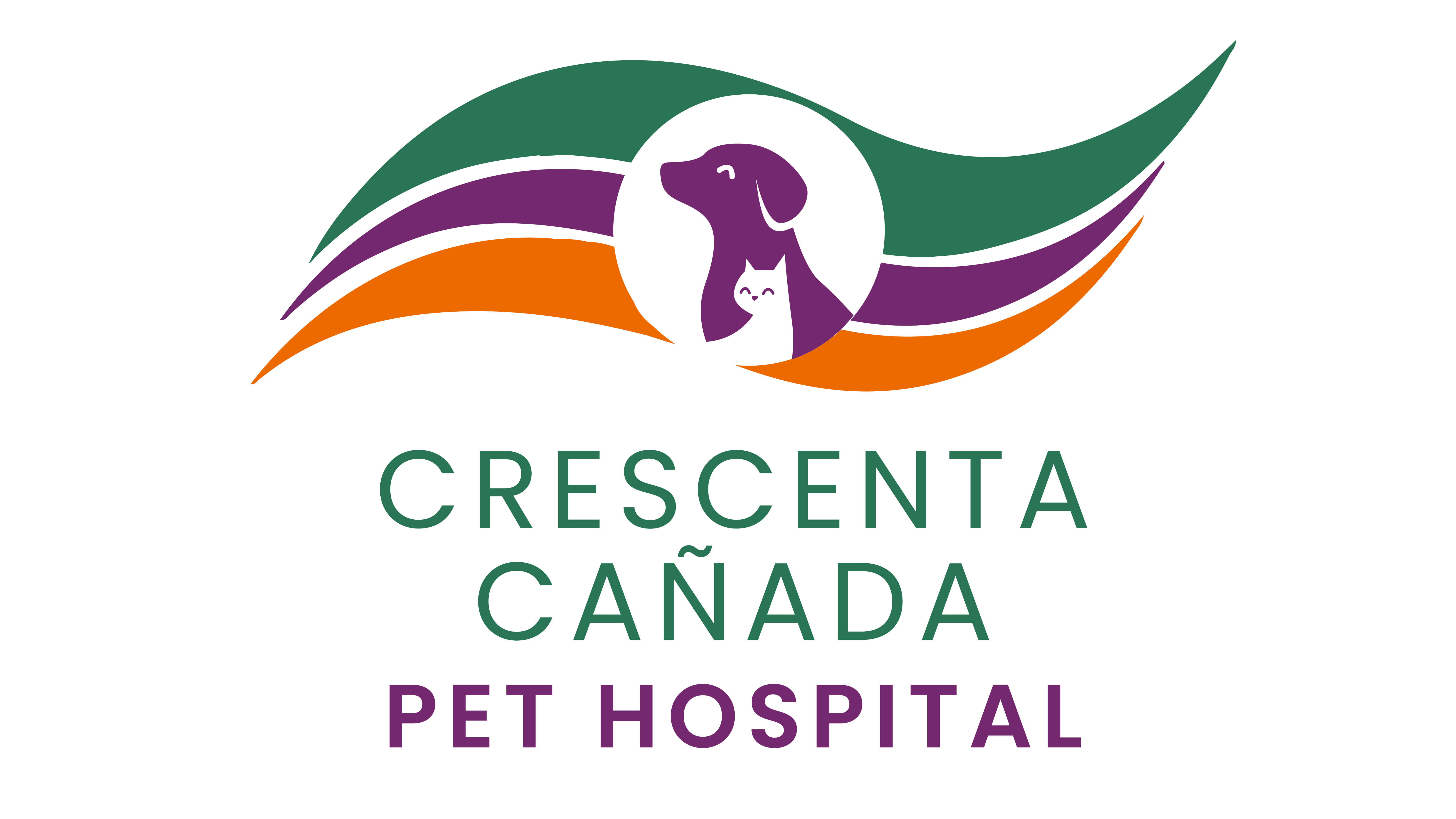Do you have an excited, energetic pooch and wondering if dog daycare is right for them?
We all know these pups...the ones who have more energy than any one person can exercise out of them. They love you, they are thrilled to see you when you get home from work, and you feel incredibly guilty leaving them alone when you go to your job daily! These are the ideal pooch candidates to attend doggy daycare! It is a special place where a dog can socialize with friends, try out new activities, learn new games, refine some skills and return home after having energy expended during a fulfilling day.

But, how do you know which doggy daycare is right for your dog?
There are several dog daycare models: "Free-for-all" Playcare The first is a mass daycare "free-for-all" model. In this model all dogs play in an open space together and there may be a large number of all sizes of dogs playing with several caregivers overseeing the action. Think of being at a large, ongoing party with 30-60 of your friends of all personalities for this version of daycare. Some dogs appreciate this version, but over time, some will become overstimulated and become defensive when they desire downtime.
"Small Group Playcare" The second model is "small group playcare". You know your dog best, but the daycare caregivers have experience and expertise with dog interactions and pet behavior. In the small group rotational model, the caregivers are able to carefully watch social cues and interactions and determine which groups of dogs do and don't belong together and which groups should be curated as friends by activity level, interest, social skill, and personality. These groups will typically enjoy different rotational activities to keep their minds and bodies engaged. Once your dog is placed in a group, then they will gently be introduced to the group to assure the group truly fits. When a dog enters this model, it will often fit well for a lifetime because the dog's personality and activity interests have been considered in it's placement. The small group model will often be available at a slightly higher rate because of the specialty nature of the attention the pets receive and the number of caregivers necessary to provide the rotational activities to each group.
How do you know if your dog enjoys daycare?
The best indicator that your pooch enjoys daycare is how they act when you arrive at the facility.
Consider the following:
- Is your pet excited to arrive?
- Does your dog dread entering or instead drag you in as fast as they can?
- Does it hang back or gladly depart with the caregiver?
- Is your pet whining to see you when you arrive or are they resting comfortably after a long day of play?

If your pet begins to have behavior issues that they did not previously exhibit, that can be a red flag. A call from the daycare discussing defensive behavior or snapping may be your dog's way of saying they are tired of having other dogs around them and they need a break. Believe the dog daycare if they make training recommendations, even if it is for a behavior you have never witnessed, because it is for the betterment of your dog's ability to healthily interact and for the safety of all pets involved. Daycare should be an enjoyable, fun and safe activity for all of the dogs and staff involved.
